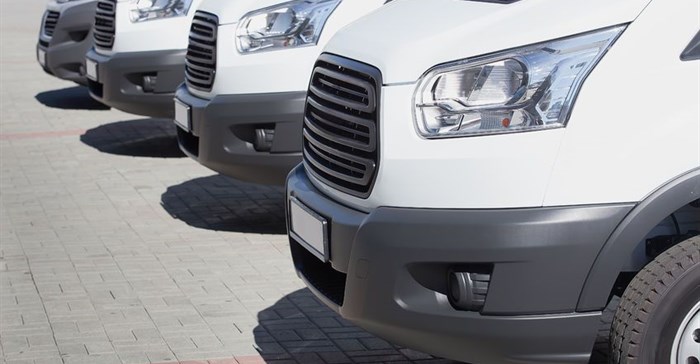
Making the right vehicle buying decision means making sure that the chosen vehicle ticks a number of boxes. How to make a vehicle purchase work for you is best done by writing down all the numbers.
When the decisions on how the vehicle is to be bought are sorted, it is time to look at what vehicle is best to buy.
The independent Kinsey Report shows that maintenance and repair costs for the Datsun GO models, including the Datsun GO + Panel Van, are the lowest in the country and have been for two years running. That’s good news when it comes to maintenance and insurance premiums.
Today, business is tough enough without cash flow being placed under pressure because the wrong decision is made when buying a light commercial vehicle. Take time and carefully consider your options. It is how you think and how you buy that makes the vehicle acquisition good for you and your business.